This morning, November 21, Group 15 including the National Assembly Delegation of Phu Tho and Dak Lak provinces discussed the draft Law on Artificial Intelligence.
Human-centered lawmaking
Commenting on the draft Law on Artificial Intelligence, most delegates agreed on the necessity of promulgating the Law on Artificial Intelligence in the current context of integration and development; the basic contents are consistent with the Party's guidelines and the State's legal policies in leadership and direction. However, this is a new Law project, very complex and in-depth, while the preparation time is urgent, and the materials for drafting the Law project are still difficult, so National Assembly Delegate Dang Bich Ngoc ( Phu Tho ) suggested that the drafting committee continue to review the provisions of the draft Law to be consistent with previously issued laws, creating unity and synchronization in future implementation.
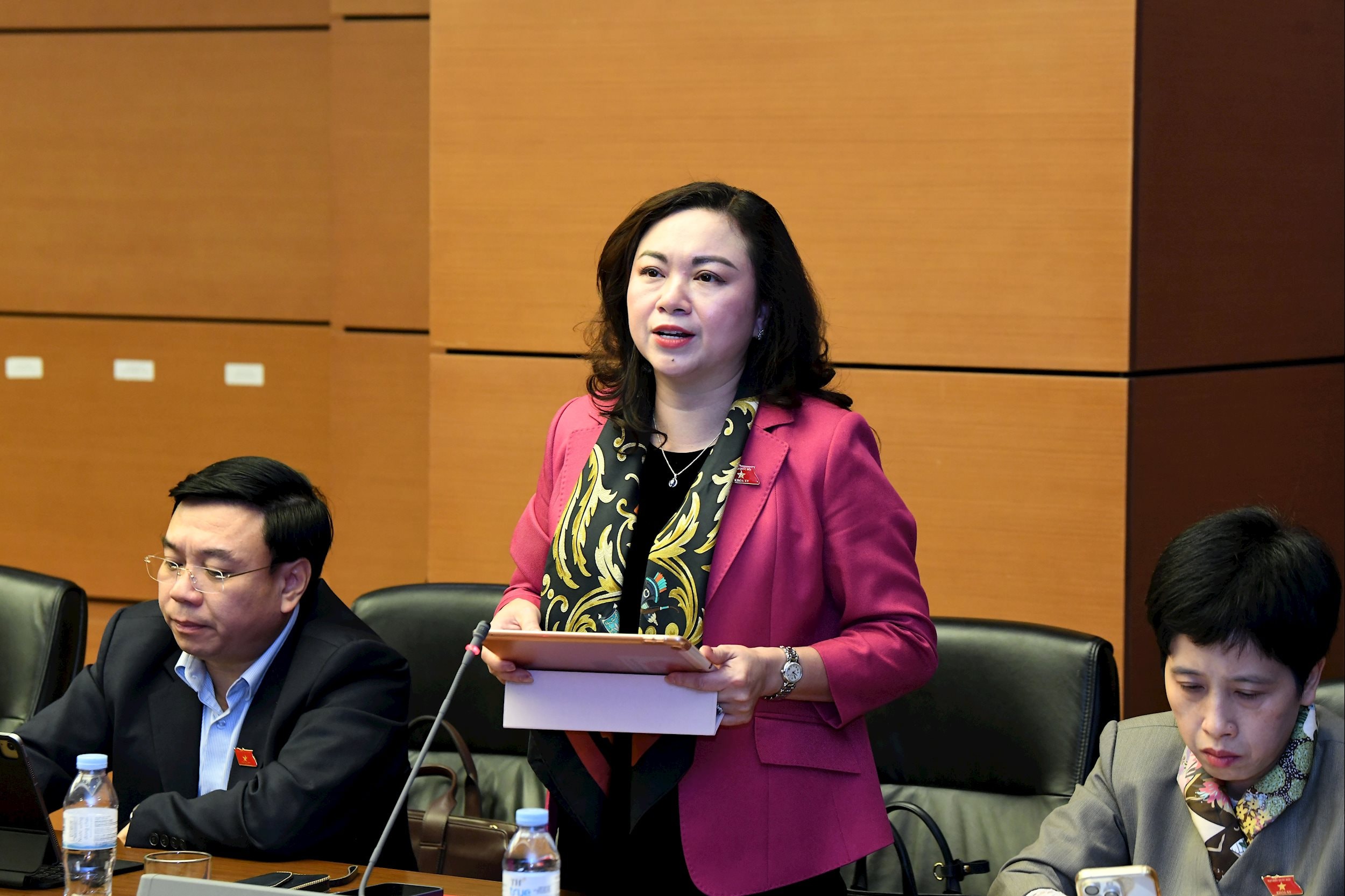
In addition, the use of artificial intelligence in recent times has raised many issues related to security, impersonation, voice and face simulation to commit illegal acts in the digital space. Therefore, it is extremely necessary to review and promulgate regulations to regulate security activities and ensure the rights of users during use. In particular, when errors occur during use and do not meet the needs of users, the responsibility of the provider as well as the related rights and interests between the parties need to be specifically regulated in the draft Law. This will contribute to ensuring safety, security and meeting the increasing demands of users in the current context.
According to National Assembly Deputy Tran Van Tien (Phu Tho), the scope of regulation of the draft Law is currently very broad and covers many activities, while there are activities that the draft Law does not cover, such as: artificial intelligence research activities. At the same time, there are some contents that the scope of regulation does not cover, such as: ethics and responsibility in artificial intelligence activities; inspection, examination and handling of violations in artificial intelligence activities. Therefore, it is recommended that the drafting committee study and supplement them to match the content of the draft Law. In addition, it is necessary to study and supplement the provisions on the content of artificial intelligence application in Chapter 4, because although this Chapter mentions the issue of artificial intelligence application, the content of this content has not yet been clarified.
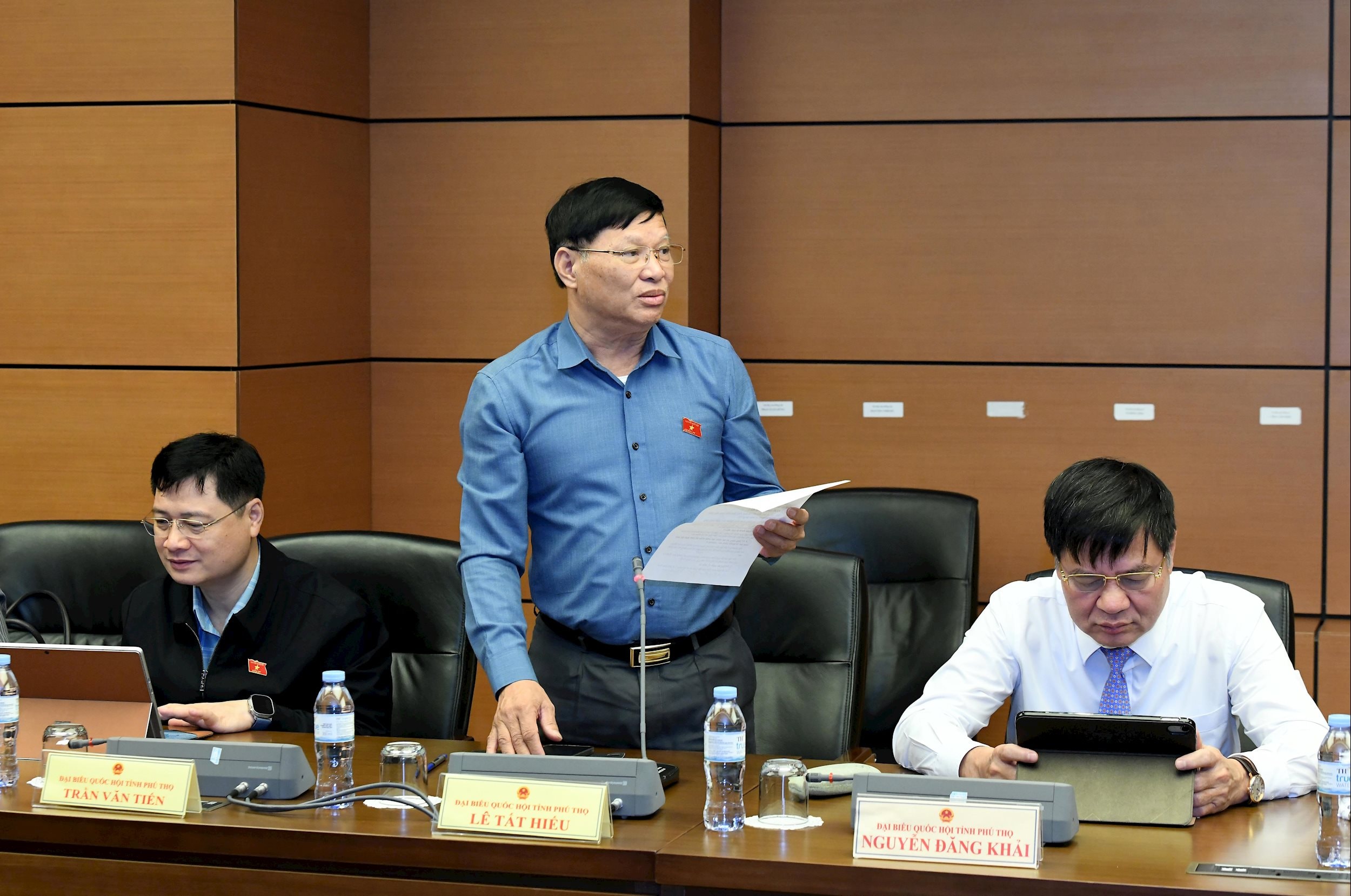
Agreeing on the view that only building a framework law and stipulating necessary principles is within the authority of the National Assembly , and assigning the Government to issue documents to provide detailed regulations, ensuring flexible and harmonious management, controlling risks and promoting development, National Assembly Deputy Dang Bich Ngoc emphasized: We must determine to take people as the center, ensuring social order and safety, privacy, safety, network security and compatibility between this law and relevant international treaties. Thus, when building the draft law, it will both meet the requirements of development and integration and ensure the harmony of interests, aiming at the ultimate goal of taking people as the center.
The delegate also suggested that, based on practice and development requirements, the Government should issue clear and specific sub-law documents to create conditions for the implementation process to take place smoothly, uniformly and consensually in the organization of implementation.
Focusing regulations on controlling high-risk AI systems
To promote research and development of artificial intelligence (AI), especially AI applications made in Vietnam, it is necessary to have a framework for the formation and sharing of high-quality data; at the same time, it is necessary to ensure AI infrastructure including energy infrastructure, high-performance computing infrastructure, cloud computing platform... These are issues that have been stipulated in relevant laws, therefore, National Assembly Deputy Nguyen Thuy Anh (Phu Tho) suggested that the design of the law should focus on important and urgent issues that need to be resolved immediately, ensuring the consistency and synchronization of the legal system, avoiding overlapping conflicts to create maximum convenience in research, development, deployment of AI applications and meeting strict management requirements for areas with high risk factors.
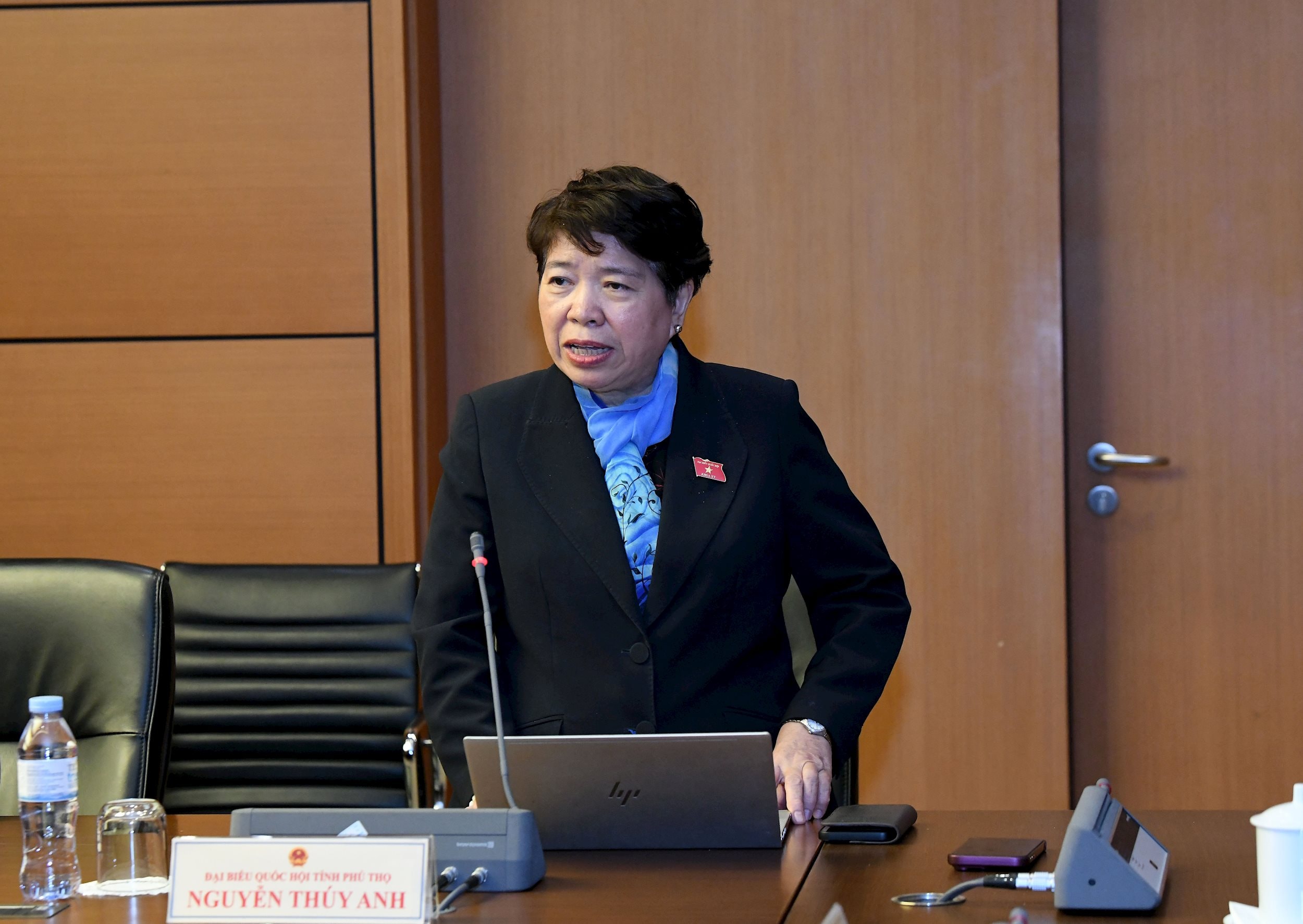
In addition, delegates also requested to carefully study and review the contents of the draft Law, ensuring that it does not re-regulate the contents that have been stipulated in the promulgated laws, especially the Law on Digital Technology Industry, the Law on Science, Technology and Innovation and the draft Law on Digital Transformation (being submitted to the National Assembly for consideration and approval at the 10th Session). Along with that, it is necessary to ensure that the mechanisms, preferential policies, and controlled testing mechanisms are unified, synchronous, and do not overlap or conflict with the provisions of the legal system.
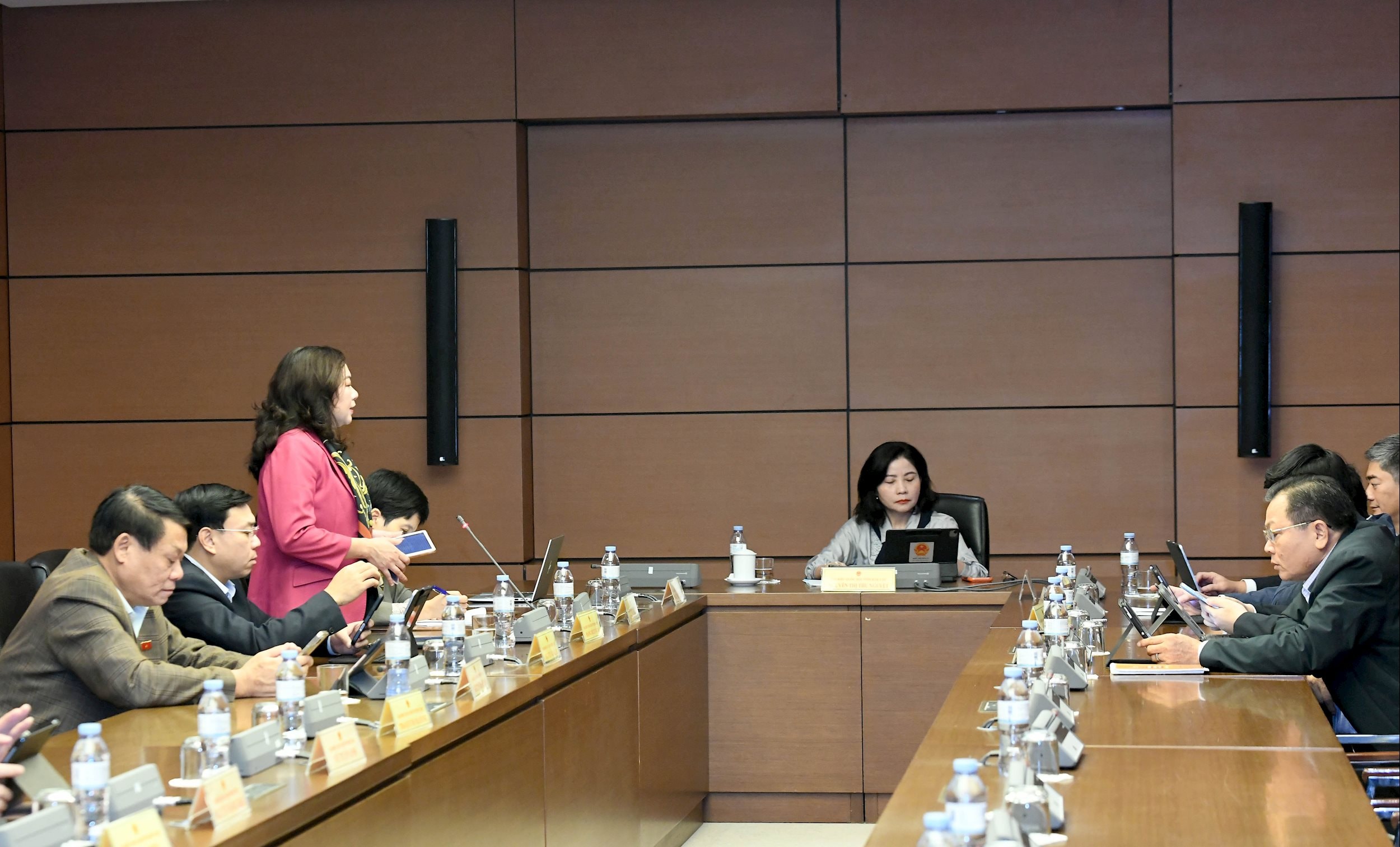
On the other hand, continue to research and complete the Law project in the direction of focusing on regulations to strictly and effectively control high-risk AI systems. For medium-risk, low-risk or general-purpose AI systems, it is necessary to complete the direction of minimizing administrative procedures, creating favorable conditions for implementation; at the same time, supporting compliance costs, creating conditions for access to capital sources, high-quality data sources and promoting the sharing of research results.
Regarding the provisions on liability for damages, the provisions in Clause 4, Article 30 state that in cases where multiple entities participate in the development, provision, deployment or operation of artificial intelligence systems, they must jointly compensate for damages caused by the artificial intelligence system. Liability for compensation is determined according to the level of actual control, predictability and risk management measures applied by each party. Delegate Nguyen Thuy Anh suggested that it is necessary to study and evaluate the feasibility of determining according to the level of actual control and predictability of each party because these criteria are currently unclear and lacking in assessment.
Regarding the regulations on the National AI Development Fund (Article 23), it is necessary to study and review this regulation to ensure compliance with the provisions of the State Budget Law. Accordingly, the expenditure tasks of the State Financial Fund outside the budget must not overlap with the expenditure tasks of the state budget; at the same time, carefully assess the suitability and feasibility in practice of the regulation that the Fund is allowed to apply a specific financial mechanism, flexibly allocate capital according to the progress of projects not falling within the budget year to which the order and procedures for considering the right to decide and shorten for strategic tasks are applied, ensuring compliance with the provisions of current law. In addition, research and calculation of the Fund's expenditure needs, the ability to mobilize from revenue sources, on that basis, have appropriate policies to manage, mobilize and use the Fund's capital most effectively.
Source: https://daibieunhandan.vn/trach-nhiem-cua-ben-cung-cap-quyen-va-loi-ich-cac-ben-lien-can-duoc-quy-dinh-cu-the-trong-du-thao-luat-tri-tue-nhan-tao-10396537.html




![[Photo] General Secretary To Lam receives President of the Senate of the Czech Republic Milos Vystrcil](/_next/image?url=https%3A%2F%2Fvphoto.vietnam.vn%2Fthumb%2F1200x675%2Fvietnam%2Fresource%2FIMAGE%2F2025%2F11%2F21%2F1763723946294_ndo_br_1-8401-jpg.webp&w=3840&q=75)
![[Photo] National Assembly Chairman Tran Thanh Man holds talks with President of the Senate of the Czech Republic Milos Vystrcil](/_next/image?url=https%3A%2F%2Fvphoto.vietnam.vn%2Fthumb%2F1200x675%2Fvietnam%2Fresource%2FIMAGE%2F2025%2F11%2F21%2F1763715853195_ndo_br_bnd-6440-jpg.webp&w=3840&q=75)
![[Photo] Visit Hung Yen to admire the "wooden masterpiece" pagoda in the heart of the Northern Delta](/_next/image?url=https%3A%2F%2Fvphoto.vietnam.vn%2Fthumb%2F1200x675%2Fvietnam%2Fresource%2FIMAGE%2F2025%2F11%2F21%2F1763716446000_a1-bnd-8471-1769-jpg.webp&w=3840&q=75)
![[Photo] President Luong Cuong receives Speaker of the Korean National Assembly Woo Won Shik](/_next/image?url=https%3A%2F%2Fvphoto.vietnam.vn%2Fthumb%2F1200x675%2Fvietnam%2Fresource%2FIMAGE%2F2025%2F11%2F21%2F1763720046458_ndo_br_1-jpg.webp&w=3840&q=75)
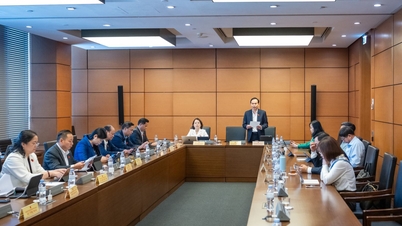

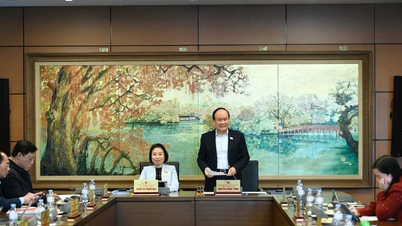
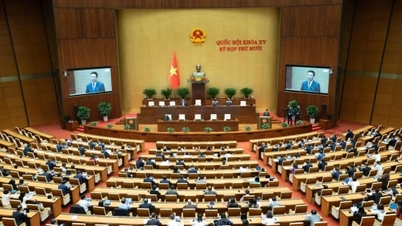

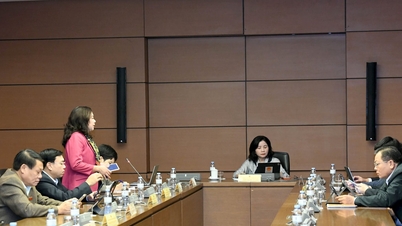
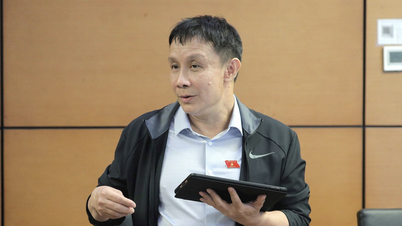




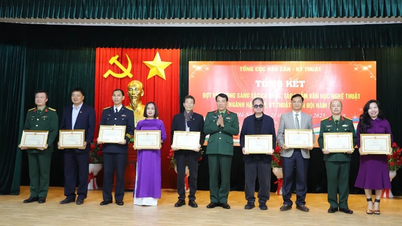

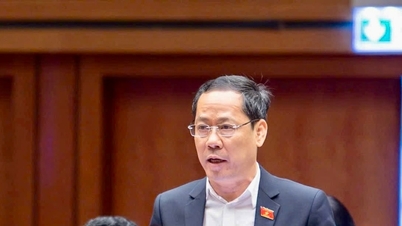
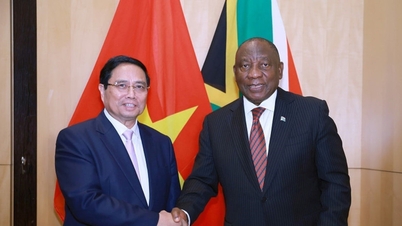




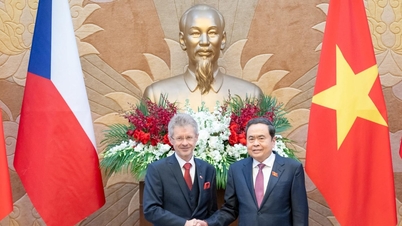

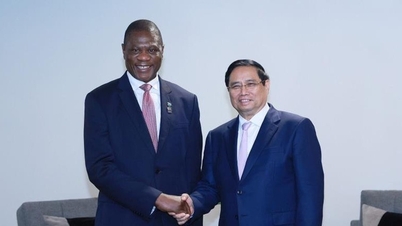
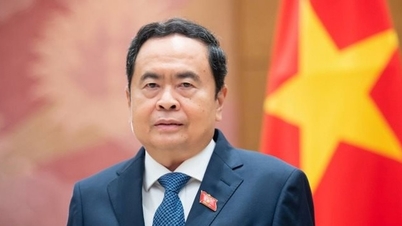
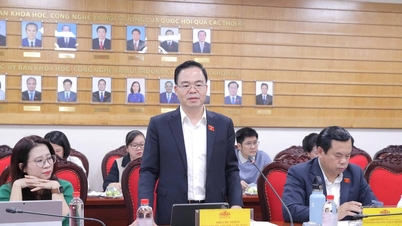













































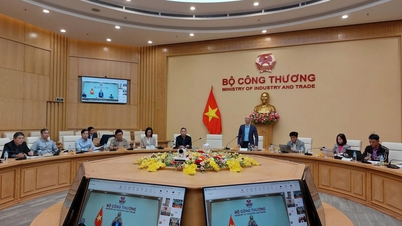

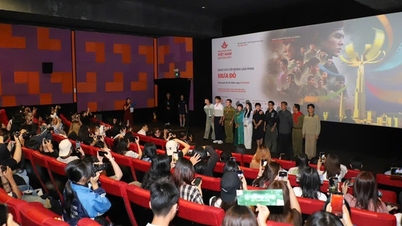



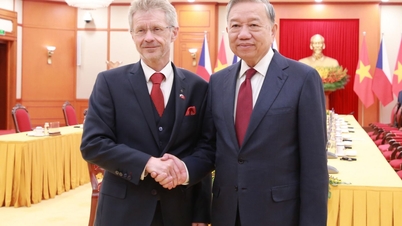

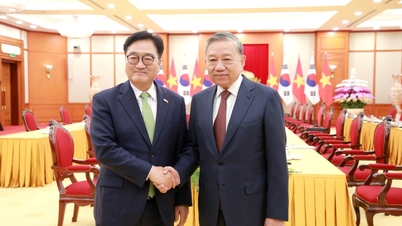


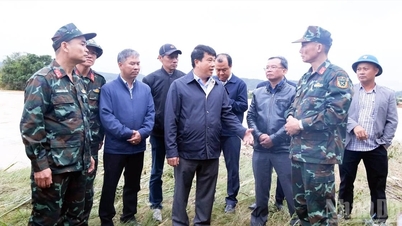
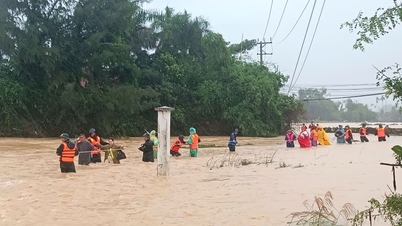




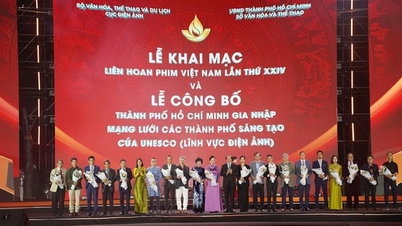














Comment (0)